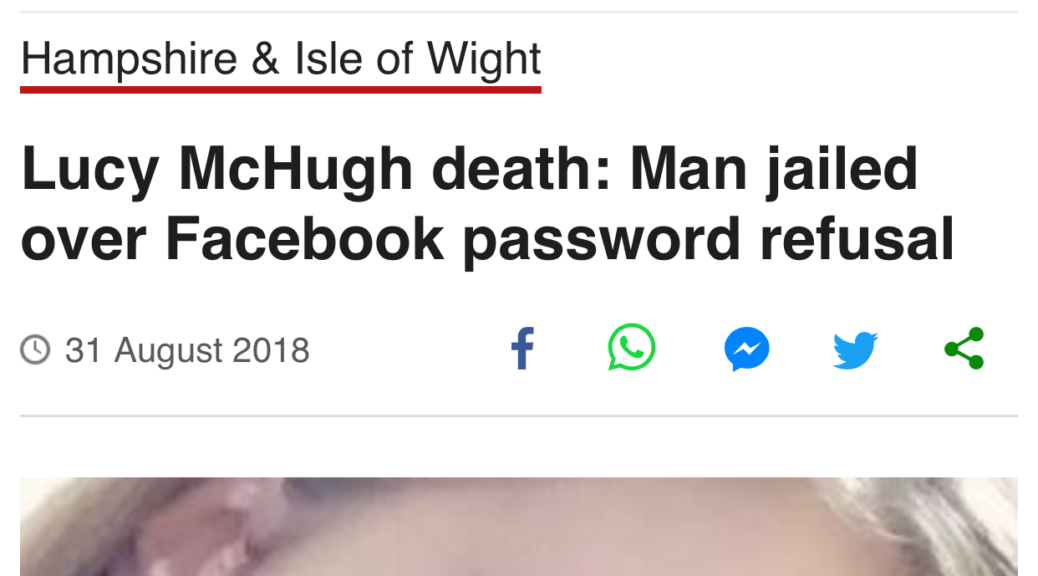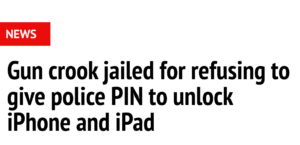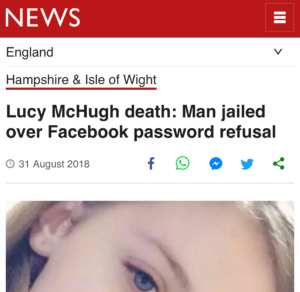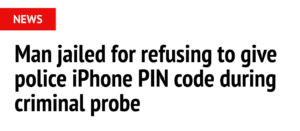Recent news coverage suggests that the Metropolitan Police will be pushing for the prosecution of the more than 1,100 people arrested during last month’s Extinction Rebellion protests.
The environmental protests across London caused massive disruption in certain parts of the city. There is a risk that they may be set to spread across other towns and cities over the coming weeks and months.
Public protest has always been a legitimate and important part of the democratic process. As such, these rights are enshrined in law.
An important question remains, howver. How do the police balance the right to protest against the rights of other people to go about their lives unimpeded?
Why have people been protesting?
Extinction Rebellion has organised the protests. This is a group concerned about the environmental destruction of our planet.
Frustrated that other attempts to force change in governmental behaviour have failed, they have resorted to a new form of peaceful protest. On its website the group claims:
‘Civil disobedience works when it’s peaceful, respectful, disruptive and undertaken en masse. We don’t want to disrupt people, but our Government’s failure over the last 30 years leaves us no choice. If we had functioning democracies, we wouldn’t need to. We’ve tried petitions, marches, letters, reports, papers, meetings, even direct actions; and emissions have continued to rise. Governments prioritise the short term interests of the economic elites, so to get their attention, we have to disrupt the economy. They have left us with no other option.’
In London the protesters blocked major roads and bridges, leading to significant chaos and disruption.
What was the police response?
The Metropolitan Police set out the dilemma during the protest in this way:
‘The serious disruption the Extinction Rebellion demonstrations are causing to people in central London and beyond is unacceptable and we completely understand the concern it is causing to those who are disrupted by it.
Ultimately, the Met has a duty to balance the rights of those engaged in protest and who are acting within the law, against the needs and rights of Londoners to go about their daily lives with minimum disruption. Where people are not acting within the law we continue to arrest them, and we anticipate arrests continuing to rise. We are also working closely with partner agencies, Transport for London, British Transport Police, City of London Police, City of Westminster and the Mayor’s Office, as well as the business community.
…we will have had more than 1,000 officers on the streets policing the demonstrations. This is putting a strain on the Met and we have now asked officers on the boroughs to work 12-hour shifts; we have cancelled rest days and our Violent Crime Task Force (VCTF) have had their leave cancelled. This allows us to free up significant numbers of officers whilst responding to local policing. We would also like to reassure people that we have ring-fenced the VCTF so we retain the capacity to deal with any unrelated violent incidents.
However, the protesters need to understand that their demonstration is meaning officers are being diverted away from their core local duties that help keep London safe and that this will have implications in the weeks and months beyond this protest as officers take back leave and the cost of overtime.’
Was anyone being arrested?
It is an almost unique feature of this protest that people are aware of the risk of arrest and were willing to be arrested – this ironically presents an incredibly difficult policing challenge.
On this issue the police said at one stage:
‘…we have arrested more than 460 people, the large majority for breach of Section 14 [of the Public Order Act 1986) and obstruction of the highway. Of those arrested, so far eight people have been charged with those offences. At this stage it is better for us to keep our resources and custody capacity moving and flexible than leave protesters sitting in cells for up to 12 hours before going to court for what, although highly disruptive, are lower level offences.
So everyone else arrested has been released under investigation and will be brought back to be formally interviewed and charged as appropriate in due course. We are aware that means some protesters immediately return to the area to resume their activities; those people will be arrested again.’ (By Saturday 20th April the number of arrests had risen to almost 800, and eventually to over 1100).
Will all those people be prosecuted?
Although this still remains to be seen, it is clear that the police wish all those they believe to have been involved in illegal activities to face court proceedings. This in turn could lead to any number of contested prosecutions that would in turn place an immense strain on the criminal justice system.
As a result, many commentators think that those released under investigation will face no further action.
Are there any legal defences to these charges?
There are several defences potentially available. The right to protest peacefully is not an absolute one. Case law is generally unhelpful. There are some developing areas of legal challenge and these are the ones that defence lawyers will be concentrating their efforts on. Law is a living instrument and must develop as society responds to concerns such as the ones raised by these protesters.
We anticipate that there will be a good number of legal challenges flowing from these protests.
People must, however, be prepared to face arrest, prosecution and possibly a criminal record and must individually decide whether that is a price worth paying.
Contact a specialist in protest law

Our staff have a wealth of experience dealing with a wide range of protest law related offences.
Chesterfield crime solicitor David Gittins recently successfully defended an individual in a multi-defendant trial charged with anti-fracking protests.

Both Kevin Tomlinson and Gavin Haigh continue to be contacted by members of protest groups in order to advise and assist individuals across the country.

Clients are impressed with the dedication of both Gavin and Kevin to their defence. We have a willingness to visit the site of any allegations where necessary.

On occasion this has included standing up to landowners who attempt in intimidate them and hinder the preparation of cases. Their representation of individuals means that they are regularly recommended within the Protest Community.
Protest law is an exceptionally complicated area of law but our solicitors David, Kevin, Gavin who are ably assisted by Chesterfield accredited police station representative Rob Lowe have a history of successfully representing people accused following a wide range of protests including:
- Anti-fur protests
- Anti-hunt protestors
- Aggravated trespass offences
- Protecting Badger Setts
- Obstruction of the Highway offences
- Anti-fracking protests
- Animal right activists
- climate change protests
- international law and human rights protests, such against use of certain plant machinery in palestine
The types of cases dealt with include:
- aggravated trespass
- obstruction of highway
- s241 TULRA 1992 (
- s 14 Public Order Act (conditions on assemblies and processions)
- criminal damage
- public order offences
Advice in police interview is always be FREE OF CHARGE and our attendance will always be of value to you.
If you face proceedings before the Magistrates’ or Crown Court it may well be that legal aid is available to assist with your representation.
Please contact our Chesterfield office on 01246 387999 for expert protest law advice 24 hours a day, 365 days a year.










